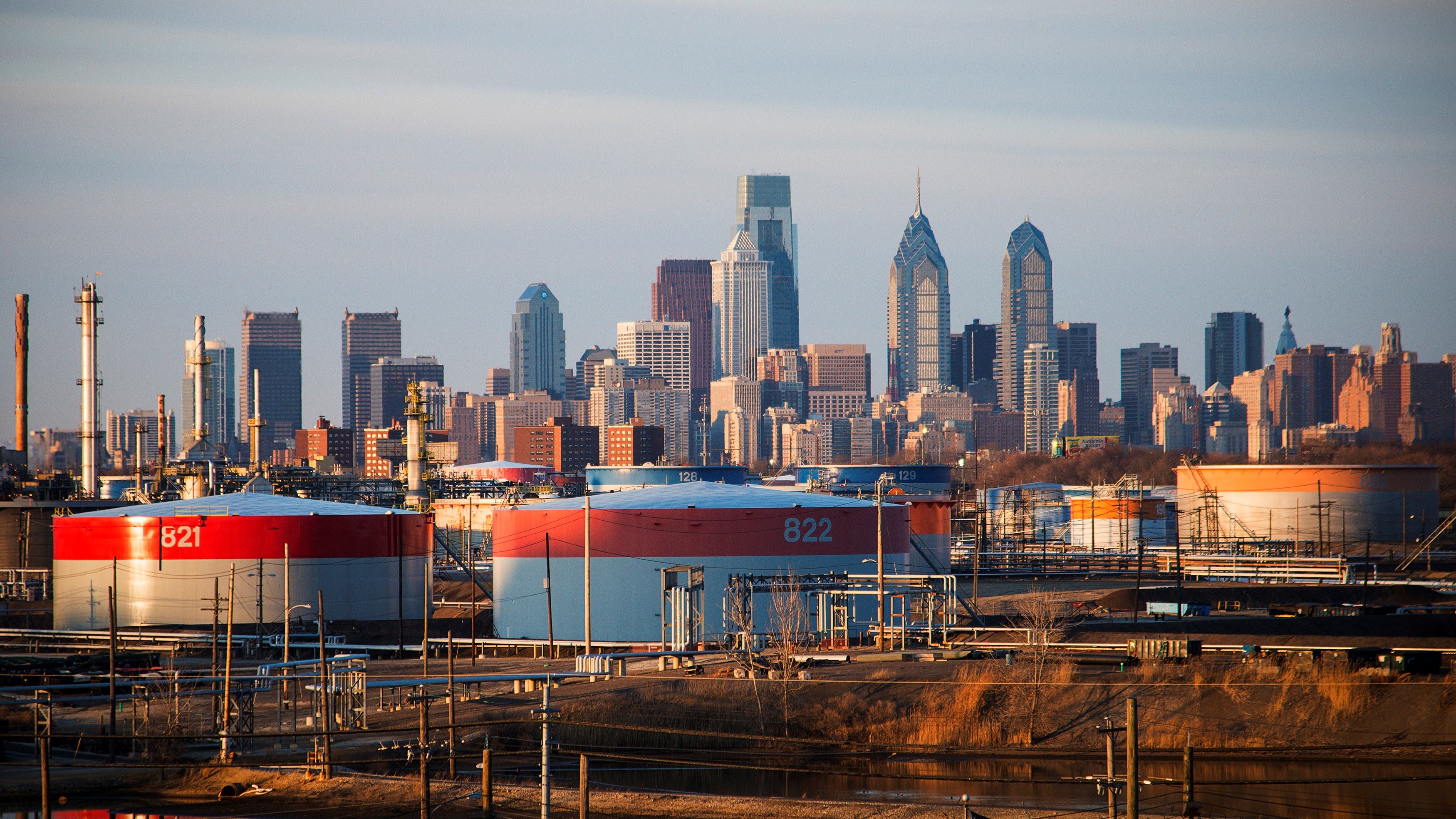Former President Donald J. Trump is expected to file a last-ditch effort on Monday in the Supreme Court to press his claim of total immunity from criminal prosecution.
When a federal appeals court last week rejected the claim, it temporarily paused its ruling, saying it would return the case to the trial court on Monday, allowing Judge Tanya S. Chutkan to restart proceedings in the case that had been frozen during the appeal. But the appeals court added that it would extend the pause until the Supreme Court rules — if Mr. Trump asks the justices to intervene by filing an application for a stay with them by Monday.
That makes it virtually certain that Mr. Trump will file such an application in the coming hours, meaning that the Supreme Court will soon be poised to determine whether and how fast his federal trial on charges that he tried to subvert the 2020 election will proceed.
It has several options. It could deny a stay, which would restart the trial. It could grant a brief stay and then deny a petition seeking review, which would effectively reject Mr. Trump’s immunity argument and let the appeals court’s ruling stand.
It could hear his appeal on a fast track, as it is doing in a separate case on Mr. Trump’s eligibility to hold office. Or it could hear the case on the usual schedule, which would most likely delay any trial past the election.
Timing, in other words, is everything. Unless the justices move quickly, the trial could be pushed into the heart of the 2024 campaign, or even past the election.
A three-judge panel of the U.S. Court of Appeals for the District of Columbia Circuit, in unanimously rejecting Mr. Trump’s argument that he may not be prosecuted for actions he took while in office, said that he became an ordinary citizen in the eyes of the criminal law after leaving office.
“For the purpose of this criminal case, former President Trump has become citizen Trump, with all of the defenses of any other criminal defendant,” the panel wrote in an unsigned opinion “But any executive immunity that may have protected him while he served as president no longer protects him against this prosecution.”
The panel, made up of one Republican appointee and two Democratic ones, also limited Mr. Trump’s litigation options, saying that the case would be returned to the trial court for further proceedings unless he seeks a stay from the Supreme Court by Monday. Asking for review from the full appeals court, the panel said, would not stop the clock.
The trial had been set to start on March 4, but Judge Chutkan removed it from her calendar.
The Supreme Court has already had one encounter with the case, turning away an unusual request in December from Jack Smith, the special counsel prosecuting Mr. Trump. Mr. Smith had asked the justices to bypass the appeals court and decide the immunity issue themselves without delay.
Mr. Smith urged the justices to move fast: “The public importance of the issues, the imminence of the scheduled trial date and the need for a prompt and final resolution of respondent’s immunity claims counsel in favor of this court’s expedited review at this time.”
“The United States recognizes that this is an extraordinary request,” Mr. Smith added. “This is an extraordinary case.”
The justices turned the request down without comment or noted dissent, apparently content to let the appeals court have the first crack at the case. The question now is whether the Supreme Court will want to have the last word.
In earlier cases on presidential immunity, the court has weighed in, establishing precedents pointing in opposite directions. Two of them involved President Richard M. Nixon.
In 1974, in United States v. Nixon, the court ruled that Nixon, then still in office, had to comply with a trial subpoena seeking tapes of his conversations in the Oval Office, rejecting his claims of executive privilege.
“Neither the doctrine of separation of powers, nor the need for confidentiality of high-level communications, without more, can sustain an absolute, unqualified presidential privilege of immunity from judicial process under all circumstances,” Chief Justice Warren E. Burger wrote.
Eight years later, in Nixon v. Fitzgerald, the court voted 5 to 4 in favor of Nixon in a civil case brought by an Air Force analyst who said he was fired in 1970 in retaliation for his criticism of cost overruns. By the time the court acted, Nixon had been out of office for several years.
“In view of the special nature of the president’s constitutional office and functions,” Justice Lewis F. Powell Jr. wrote for the majority, “we think it appropriate to recognize absolute presidential immunity from damages liability for acts within the ‘outer perimeter’ of his official responsibility.”
The appeals court panel in Mr. Trump’s case gave more weight to the first decision, which involved criminal rather than civil proceedings.
“As the Nixon court explained” in the case on the Oval Office tapes, the panel wrote, “wholly immunizing the president from the criminal justice process would disturb ‘the primary constitutional duty of the judicial branch to do justice in criminal prosecutions.’”
The second decision, arising from a civil suit, was less instructive, the panel wrote. “When considering the issue of presidential immunity,” the ruling said, “the Supreme Court has been careful to note that its holdings on civil liability do not carry over to criminal prosecutions.”






